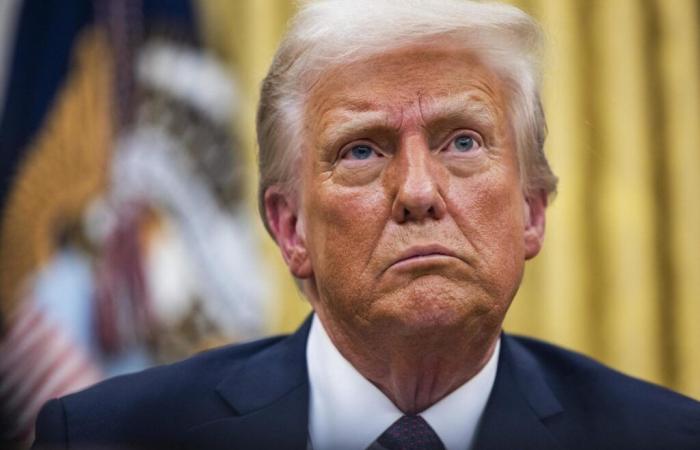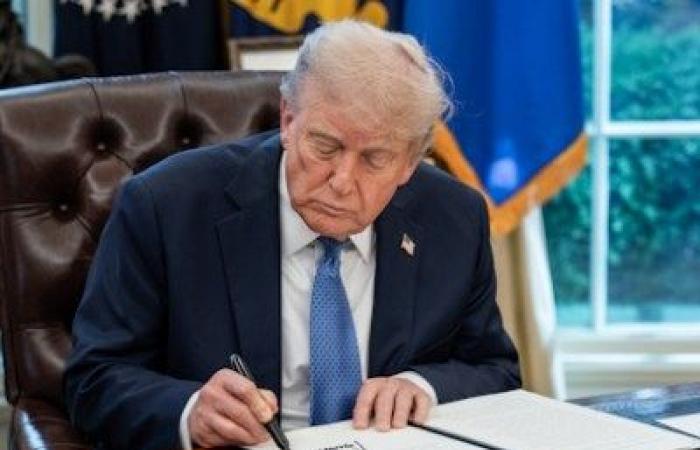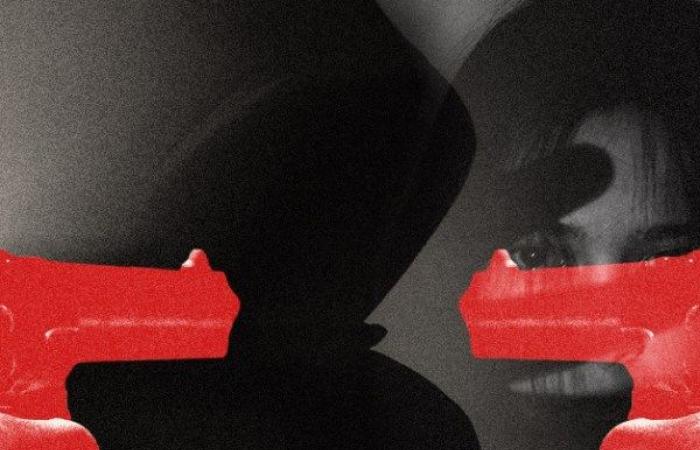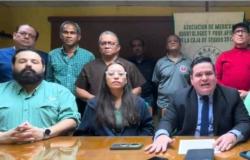Donald Trump has made it clear that for him, the presidency is not about governing within the limits of the system, but to redraw the system itself. In a recent interview with NBC, the President hinted that obeying the Constitution is not necessarily an obligation.
Asked directly about whether he thought he was obliged to respect her, her answer was: “I don’t know.” He didn’t say no. But he didn’t say yes either. And that says everything.
This type of response is not a lapse or a passing provocation: it is part of a broader strategy, in which Trump is presented as A leader above the rules. Since the beginning of his second term, he has shaped the presidency as a kind of executive throne, where law, norms and even judicial failures are interpreted according to their convenience.
What happens when a president acts as if the democratic contract was subject to his whims? We are starting to discover it.
Trump has not only challenged institutions. He has ignored them. From disobeying sentences of the Supreme Court on migration, until suggesting – in ambiguous tone – that a third mandate is not completely out of discussion, its speech seems to move more and more towards an authoritarian logic disguised as political show. The power, in this model, is no longer something that is exercised in the name of the Constitution, but despite it.
The Due process left the group
One of the hottest points of the interview with Kristen Welker was his reference to the “Due Process” (due process). Trump talked about the possibility of applying extraordinary measures to face illegal migration and crime – including deportations without judgment or judicial review.
His vision: the judicial process is slow, obsolete and, above all, an obstacle. For a leader who feels with moral authority to act without obstacles, the legal system is secondary.
The contempt for control mechanisms is also palpable in its management of institutions. Universities, courts, law firms and media are frequent white of their attacks.
His administration has already given signs that his team has been carefully selected to avoid any form of internal contradiction. Loyal officials, do not discuss. In other words, a conscientious coer.
The power of the sense of humor
Even its sense of humor – always present, always disruptive – has become a power tool. The meme in which it appears as Pope, shared in its social truth network, is not just a joke: it is a symbol. For his followers, it is a gesture of irreverence against the establishment. For his critics, one more sign of his growing cult of personality.
-How far can this logic get? If Trump continues to rule as if the Constitution were optional, American democracy could face silent erosion. Not through a classic coup d’etat, but through a succession of “normal”, legal acts, but gradually weakens the republican bases.
In a democracy, power is based on law. When the maximum leader begins to act as if that law belonged to him, we are no longer facing a presidency: we are facing a dangerous transformation of the nature of power.



















